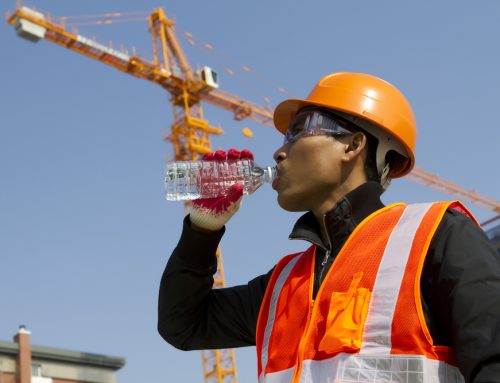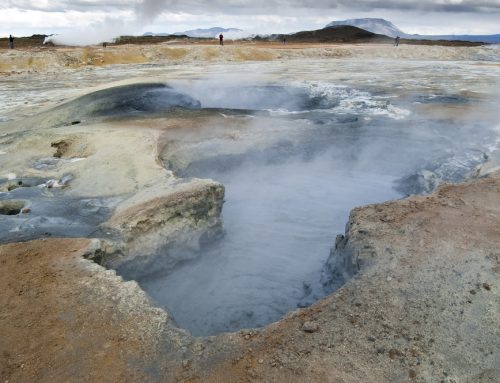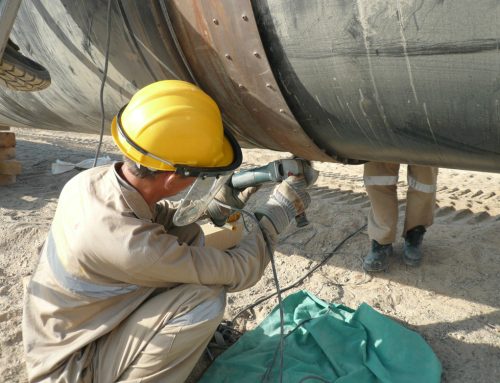When it comes to first aid and human safety, the ABCs are absolutely vital and form the core of resuscitation procedures. The ABCs stand for Airway, Breathing, and Circulation. The upper airway can become obstructed for a number of reasons. Typical causes of acute airway obstruction include allergic reactions, chemical reactions, injury, a reaction to fire/smoke, or a foreign object may be lodged in the airway. These are the most likely causes of airway obstruction for workers in the oil and gas, petroleum, petrochemical, chemical, power generation, and pipeline industries. If a coworker experiences an airway obstruction, adhere to the following protocol:
Assess the Airway
The first step is to look for signs of airway instruction. If the person can speak clearly and does not appear in distress, then they do not have an obstructed airway. If the person is unconscious, contact EMS service right away and begin CPR procedures (Cardiopulmonary resuscitation).
Survey the scene – the cause of the obstruction may or may not be readily apparent. Make sure you take proper safety measures yourself, as airway obstructions can be caused by environmental factors like chemical or smoke exposure. Assess the level of consciousness and look for signs of injury or bleeding.
If the patient is conscious and upright, you can try to remove a foreign object from the airway by encouraging the victim cough. Apply hard back slaps and abdominal thrusts (the Heimlich maneuver) in alternating combinations. Increase pressure.
If the airway blockage has some other cause, you can gently lift the patient’s chin to open their way (head tilt – chin lift). Do not touch the patient if a cervical spine injury is suspected.
If you are unable to clear the blockage, begin CPR and call for emergency support.
Metalcare First Aid Training
Metalcare offers a Standard First Aid Course (Level I C) with CPR and AED training. Participants will learn how to address airway emergencies, along with other important topics such as breathing and circulation emergencies, wound care, head injuries, environmental emergencies, poisons, and much more.
Our First Aid Course is certified by the Red Cross and meets federal, provincial, and territorial regulations. The course typically takes 14-16 hours and the certification lasts for 3 years. Students are encouraged to wear appropriate clothing and footwear during the course.
Visit our Standard First Aid Course page to learn more about what topics are included in our training. Contact Metalcare if you would like to register for an upcoming First Aid Training Course in Fort McMurray!





